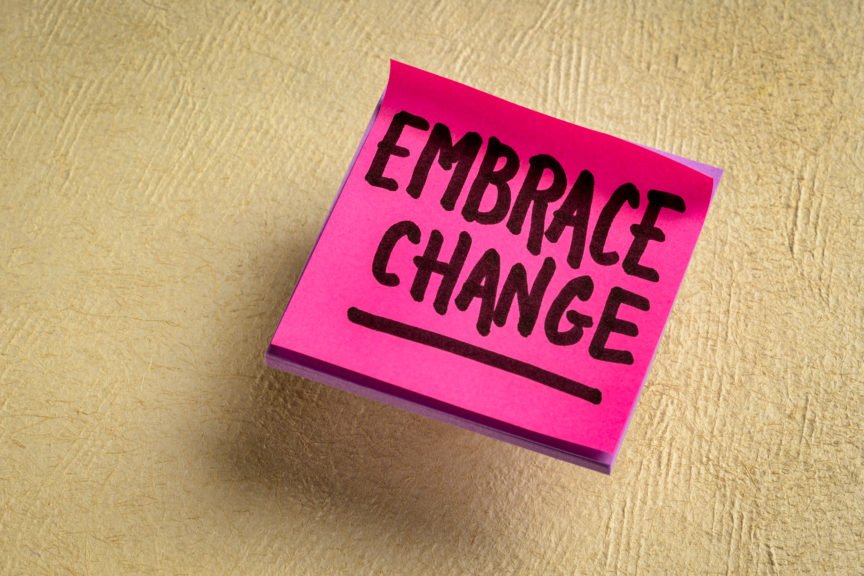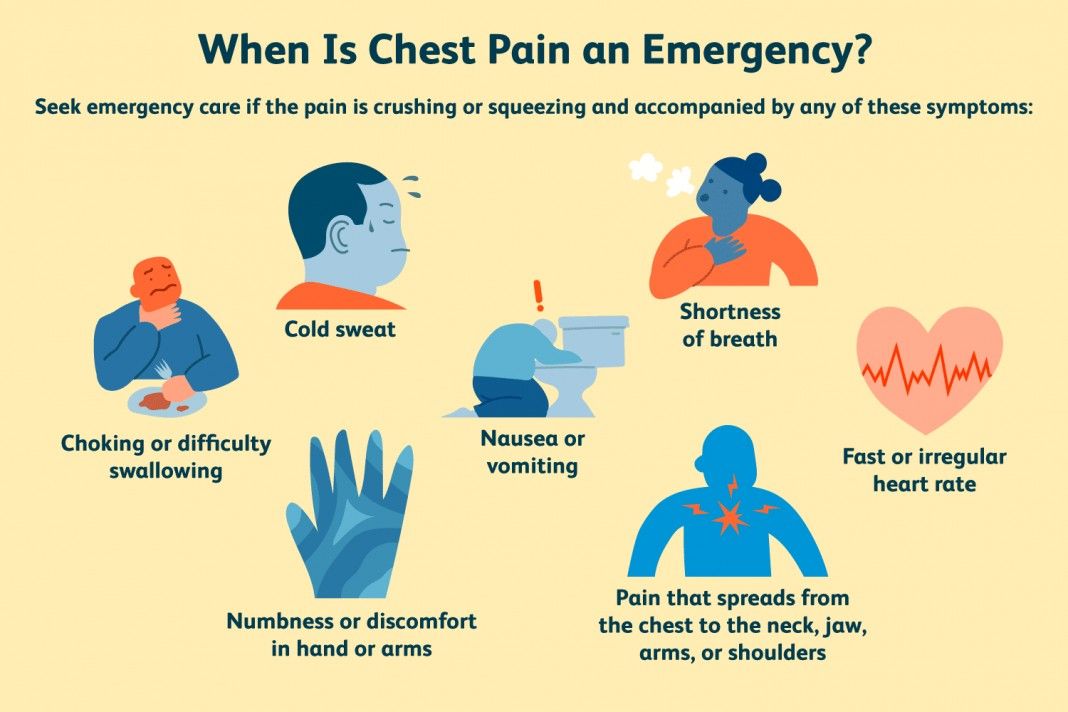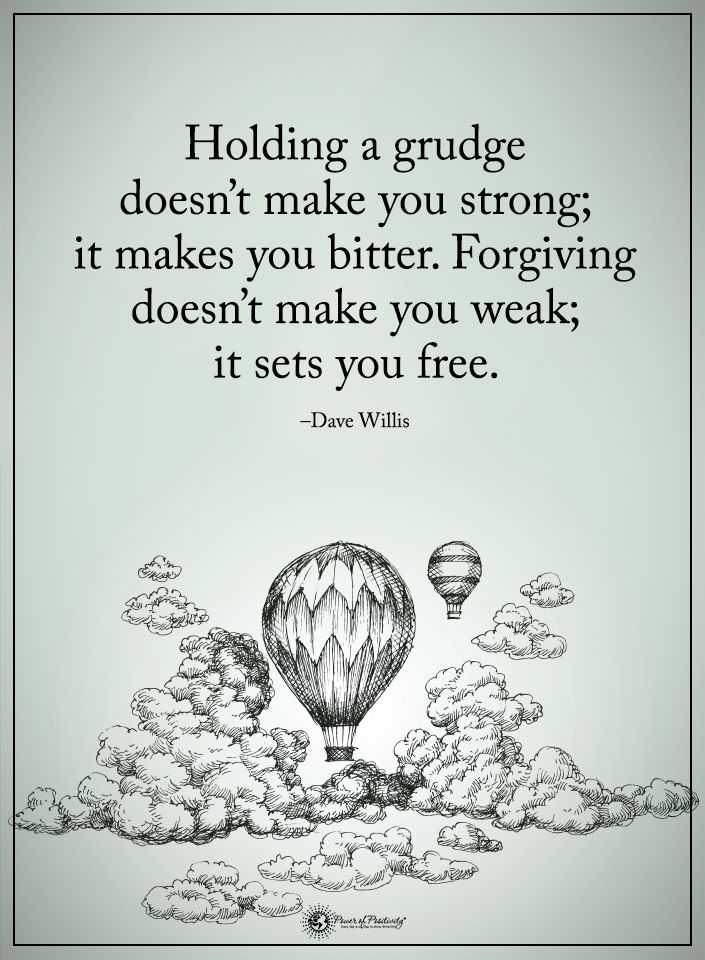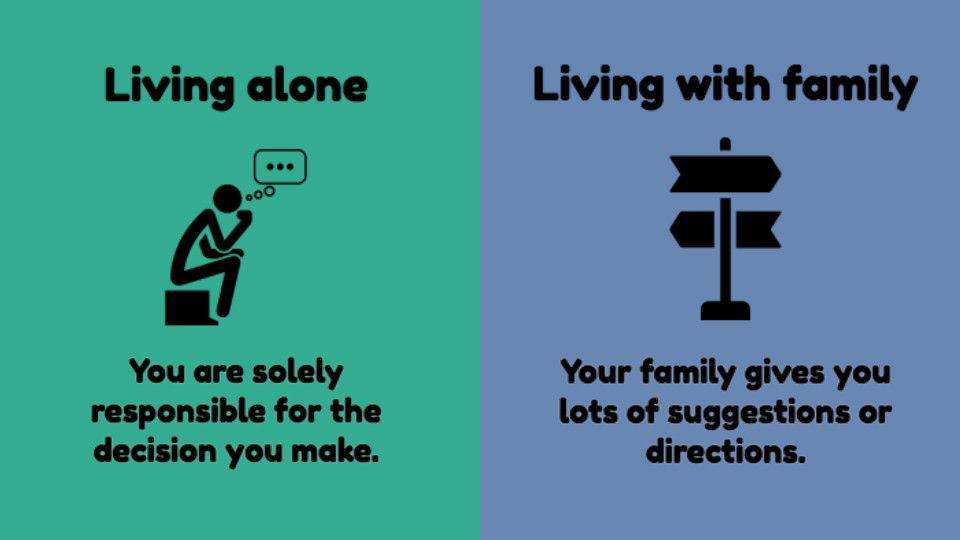How to embrace change
How to Move Forward – SoulSalt
With the right strategies, you can begin embracing change and build the life you’ve always dreamed of.
Not in his goals but in his transitions man is great.
Ralph Waldo Emerson
If you were to bake a cake, what’s the first thing that you picture? Perhaps you imagine the cake itself, a yummy tower of chocolate with rich buttercream icing on top.
When setting out to accomplish something, like baking a cake, we often think in terms of the outcome. Instead of savoring the experience of preparing the cake, we create expectations of the end product, missing out on enjoying the process.
We often look at our goals in life in the same way. Whether we want to make a big change, or a change happens to us, we visualize the outcome. We set expectations.
But this way of thinking can make it difficult to navigate through change. After all, making a big change in life doesn’t happen overnight. The road to achievement comes with all sorts of twists, turns, and dead ends.
People often become so obsessed with the expectations, they feel disappointed or are quick to give up when things don’t go perfectly. And let’s face it — life never goes as planned.
While it’s certainly helpful to set goals, fixating too much on the end result means missing out on opportunities for personal development, growth, and even having a little fun along the way.
That’s why embracing change is so important. Although you can’t predict the future, you can learn to navigate transitions, how to prioritize your life more effectively, and to become more resilient along the way.
How to manage change: The Transition Model
Although it’s impossible to predict the future, understanding what to expect, you’ll have a better idea of how to manage the uncertainties that come along with change.
The William Bridges’ Transition Model provides a roadmap through the emotional landscape of change. The model identifies three phases: Ending What Currently Is, The Transition Zone, and The New Beginning.
The model identifies three phases: Ending What Currently Is, The Transition Zone, and The New Beginning.
Ending What Currently Is
The beginning of change is also the end of something. Whether a relationship changes or a job ends, we often find ourselves at a moment when a phase of life comes to an end. It feels a lot like the ending of a chapter in a book.
Change isn’t easy. When something shifts, a lot of different emotions can come up. It can feel confusing, stressful, or just plain scary. You can experience sadness, or a bit of numbness. You may even feel excitement for the new beginning that you’re moving toward.
The Transition Zone
As you move from the ending, you find yourself in a transition period, or the neutral zone. You haven’t quite ended the ending. You haven’t quite started the beginning. In between a period of change, it takes time for the transition to occur.
During the transition zone, you can feel a lot of mixed emotions. It can feel confusing, frightening, and overwhelming.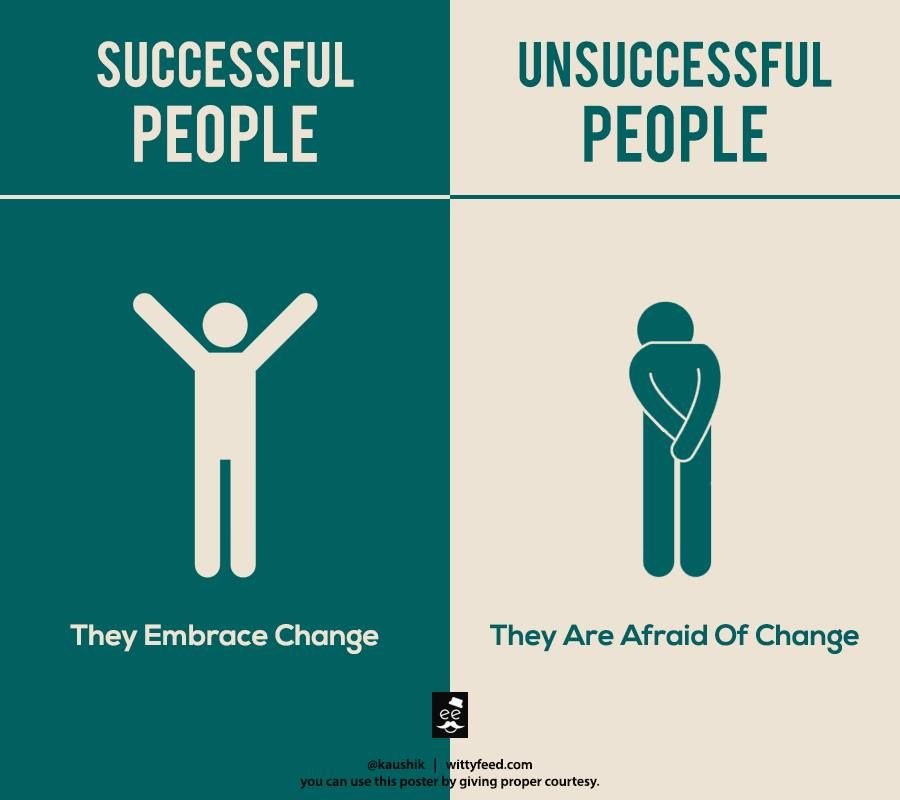 You may feel self-doubt, unbalanced, lost, or numb.
You may feel self-doubt, unbalanced, lost, or numb.
But guess what? That’s completely normal.
Uncertainty is a natural part of any adjustment period. When you realize that, you can accept some of the uncomfortable feelings that arise during the transition process, knowing that with resilience and patience, you’ll come out on the other side, stronger than before.
A New Beginning
Finally, you make it through the transition period. You embark on a new beginning.
Yes, you may feel some of the twinges from the ending. You might notice some of the numbness from the transition zone. But at this point, you’ll start to get your footing. As you progress, this new chapter in your life will feel more comfortable.
Congratulations! You’ve successfully made it through the difficult transition period. The change is complete.
6 Ways to Embrace Change
Navigating transitions isn’t easy. Sometimes it’s downright scary! But just like anything in life, even the difficult times will pass.
Embracing change means you see adversity as an opportunity. Embracing change means you want to try new things, be adventurous, or improve yourself. To embrace change, you need to see things in a positive light and know you have the ability to do anything.
Having the right perspective, embracing change becomes easier. In fact, I know of 6 strategies that will help you navigate the uncertainty of transitions, and even embrace the full spectrum of challenges in the neutral zone.
1. Take risks
Remember that even though change isn’t easy, life is too short to stay stuck in your comfort zone. When you have a big dream in mind, you have to stick your neck out there if you want to build the life you’ve always wanted.
So have a little courage, and be patient with yourself. Although scary at first, small steps, over time, can lead to huge changes.
In other words, be willing to step out of familiar routines and step into something new. Even if it doesn’t work out, you’ll grow and build confidence as you tackle new challenges along the way.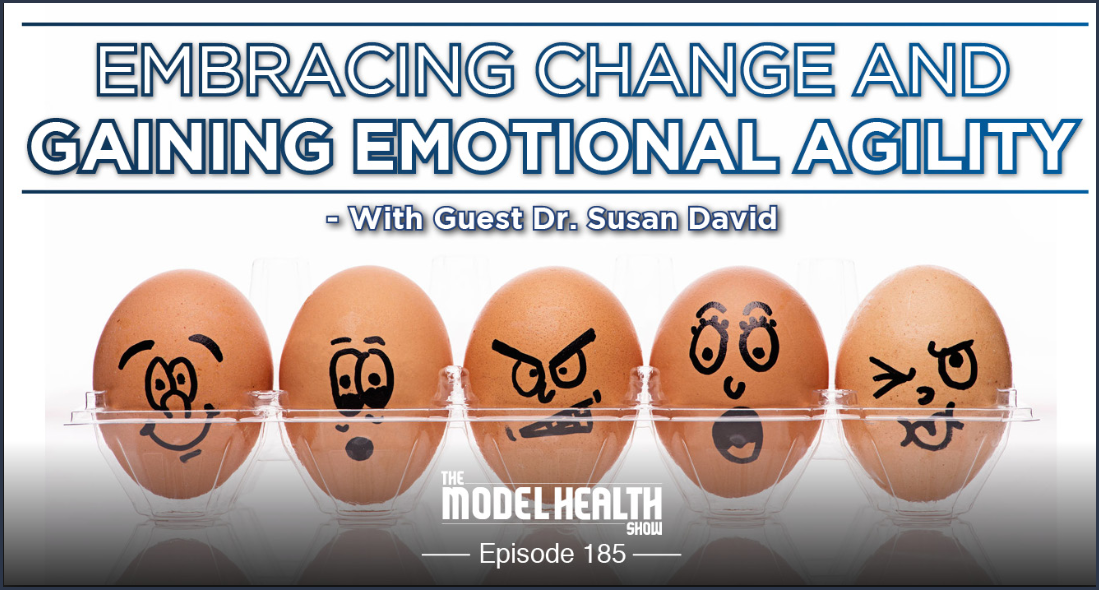
2. Have a coach or mentor
Embracing change isn’t easy, but you don’t have to go through it alone.
A coach or mentor on your team can guide you and keep things in perspective. You may get stuck in your head sometimes and need a sounding board to express challenges and bounce ideas.
They can help you recognize the limited thought patterns that can prevent you from reaching your new beginning. You’ll have a cheerleader on the sidelines, helping you stay motivated even when things don’t go your way.
There are plenty of accessible ways to get support and encouragement, even if you don’t have the bandwidth to invest in personal coaching or find a formal mentor. You can join a mastermind group, find a supportive online community, or take a course, like our Reinvention Rx.
3. Keep creating
Creative activities make you happier, healthier, and smarter. Make time to express yourself through drawing, gardening, fencing, or whatever you enjoy. Exercising your creativity enables you to release the uncomfortable emotions experienced during change in a healthy way.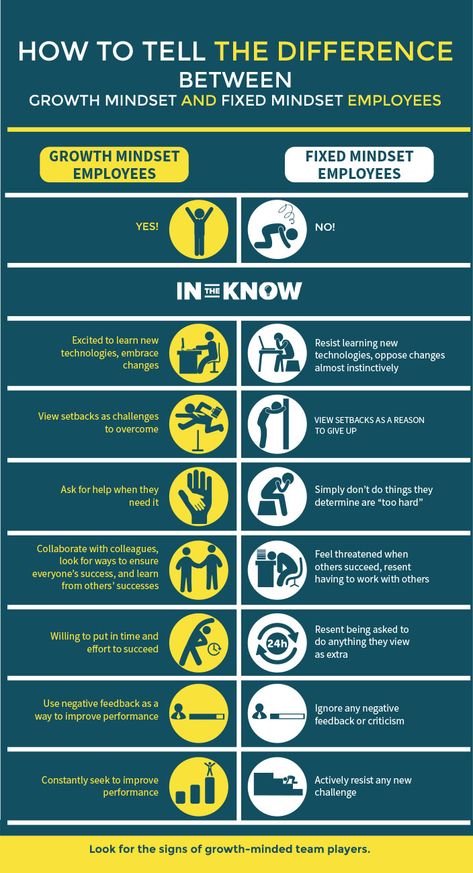
It’ll keep your mind sharp, too. The internal pathways will stay fluid by continually having your creative juices flowing.
This will give you fuel for finding innovative approaches through new, unfamiliar waters. You may even discover new passions along the way.
4. Keep learning
Growth often comes with its fair share of discomfort. They don’t call them growing pains for nothing.
Even when things get tough, approach change as a learning opportunity. Allow yourself to discover. Challenge your assumptions.
Embracing change requires that you keep an open mind.
Stay in the mode of taking in all that new information. If you hold on too much to what you know, you’ll stay stuck. When willing to discover as you grow and experiment, eventually you will find the right path.
5. Don’t give up – persist!
When we set goals for ourselves, we tend to have a lot more motivation in the beginning. But change isn’t linear. You may experience failures and missteps that make it difficult to stay driven throughout the transition process.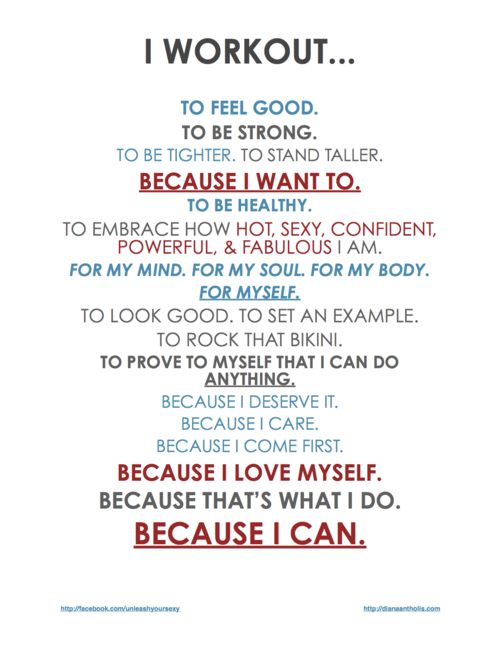
Plus, our most precious pursuits don’t happen overnight. It takes hard work and persistence to make those big dreams a reality. When results don’t happen as quickly as you would like, or when nothing goes right, don’t give up!
You can’t rush the transition period. Remember, it’s normal to feel frustrated, to doubt yourself, and to face resistance in the neutral zone.
Be patient with yourself. Keep trying, keep moving, keep going. You’ll reach your goals eventually.
Do You Really Know Yourself Better Than Anyone? (Hint: Most of Us Don't)
10 (proven) ways to uncover your deep identity.
Grab our FREE cheat sheet today. Drop your email below.
6. Pay attention to your thoughts
Have you ever noticed that when you find a car you really, really like, that you start to see that exact make and model all over the place?
It’s on the freeway.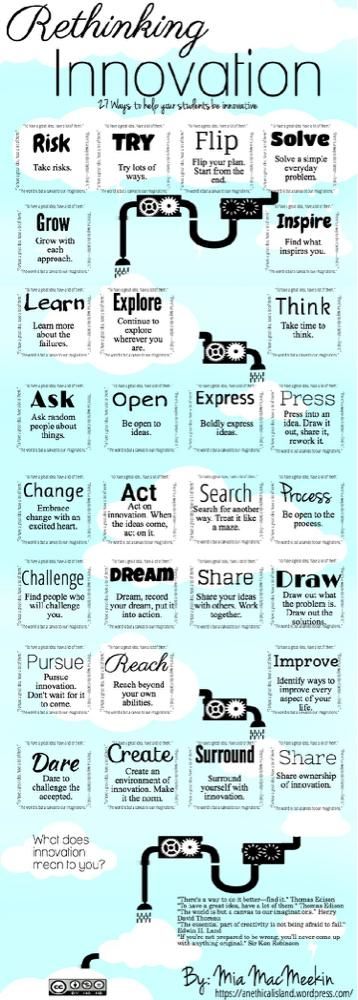 You see it passing by when you’re at a stoplight. You don’t realize how many there are on the road until you decide you like it.
You see it passing by when you’re at a stoplight. You don’t realize how many there are on the road until you decide you like it.
That’s your RAS, or Reticular Affirmation System. It’s working all the time, even without you realizing it. Its main job is to mediate behavior. It notices things for you that you are interested in.
So what does your RAS have to do with embracing change?
The reason I study neuroscience, and use it in my practice, is because it gives my clients an edge. Like a biohack, you can use neuroscience to empower yourself and embrace change. It will help you get to the next level more effectively, efficiently, and scientifically.
It takes time to make a change. If we’re going to do it successfully, we have to do less of old patterns and more of the habits we’re trying to work toward. That all begins with our thoughts.
As we shift our neurochemistry and thought patterns, then we can begin to shift our behaviors.
Let’s say, for example, you notice that self-criticism is holding you back from taking steps towards your new beginning.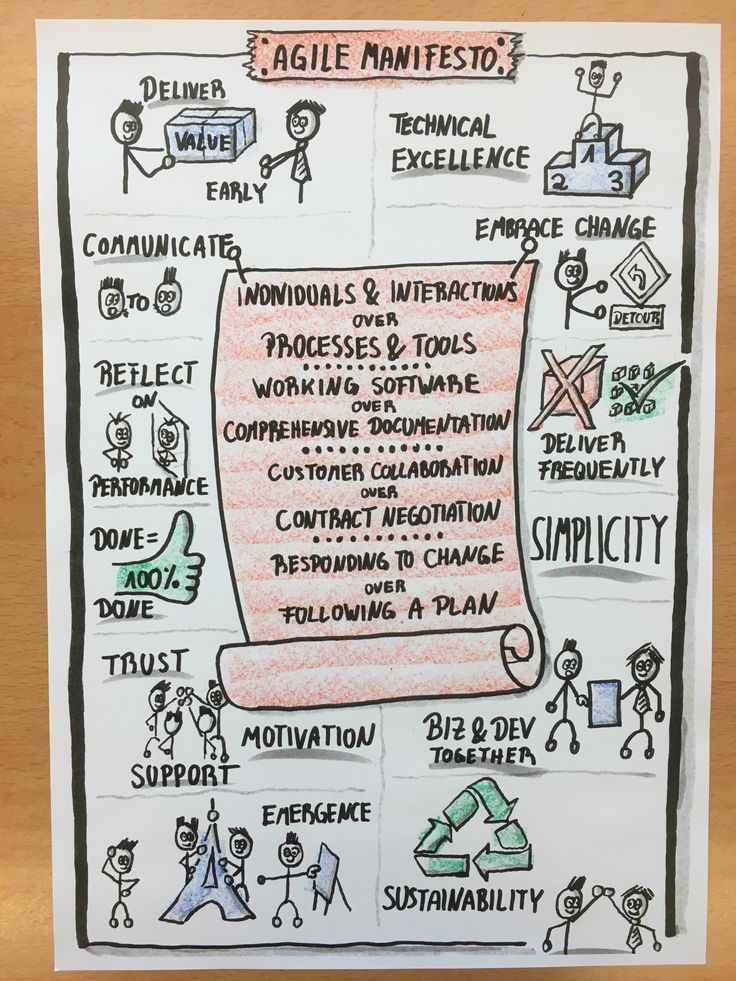 To change this, you have to first notice when it’s happening.
To change this, you have to first notice when it’s happening.
In this video, I walk you through a great exercise to support the vital changes you want to make, by activating your RAS.
Carry around a notebook, or use a note-taking app on your phone. Every time you notice you being critical of yourself, jot it down. Continue with this for three to seven days.
You will raise your awareness about how critical you are, what situations trigger self-criticism, and some of the common thoughts you have when judging yourself.
Then the following week, each time you take a note of yourself being critical, write a love note to yourself. Make a positive affirmation. Reframe and redirect those thoughts into something positive and useful. Shift the pattern.
Increasing awareness of your thoughts and emotions is also how to tap into your intuition to find the best path forward.
Don’t let the change break you. Let it
make you.Making big changes isn’t easy.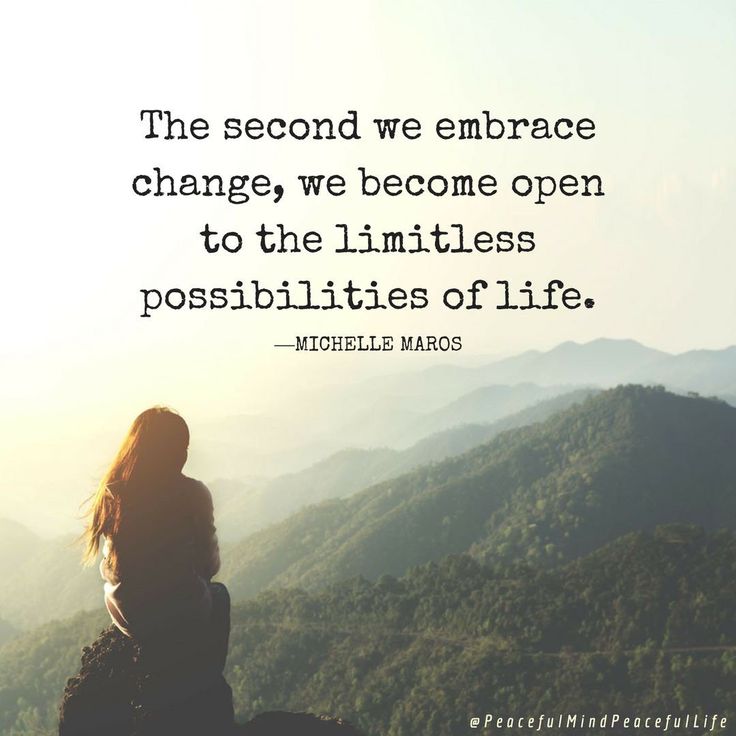 But learning to navigate the process is something anyone can do with time, patience, and support. Embracing change is an important life skill that can bring growth and help you build a life of purpose and fulfillment.
But learning to navigate the process is something anyone can do with time, patience, and support. Embracing change is an important life skill that can bring growth and help you build a life of purpose and fulfillment.
It can even help you figure out how to reinvent yourself completely.
But you don’t have to do it alone. If you need some guidance along the way, I’d be honored to help.
Our Reinvention Rx program is a great place to start.
Do You Really Know Yourself Better Than Anyone? (Hint: Most of Us Don't)
10 (proven) ways to uncover your deep identity.
Grab our FREE cheat sheet today. Drop your email below.
How to Embrace Change in Your Life – Intelligent Change
How to Embrace Change in Your Life – Intelligent ChangeSkip to content by Intelligent Change- Self-development
“Change is the only constant in life” — Heraclitus
Everything around us is constantly changing, whether we perceive it or not.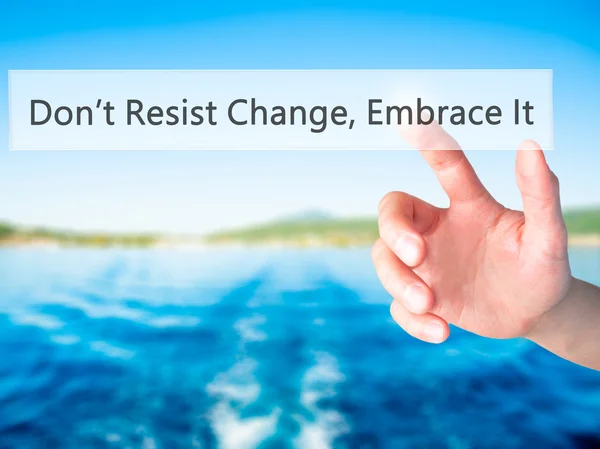 Society changes, technology evolves further every day; the world is always in flux, but what’s most important is that we ourselves undergo change too. But despite this knowledge, one of the most difficult things human beings learn during their life is how to embrace change.
Society changes, technology evolves further every day; the world is always in flux, but what’s most important is that we ourselves undergo change too. But despite this knowledge, one of the most difficult things human beings learn during their life is how to embrace change.
Many people find change terrifying. And that’s normal. Change reminds us that we’re getting older every day, and there’s something so melancholic and scary in this inevitable passage of time.
Change and novelty can be perceived as way too challenging, risky, and uncertain.
As Tim Ferris once said: “People would rather be unhappy than uncertain.” And there’s a scientific backup for that. One recently conducted neuroscience research discovered that our brains register uncertainty the same way they register errors. We simply crave to resolve it so we could feel comfortable again.
Embracing change means accepting that you can’t keep everything under control. As frightening as this thought is, it’s also very liberating.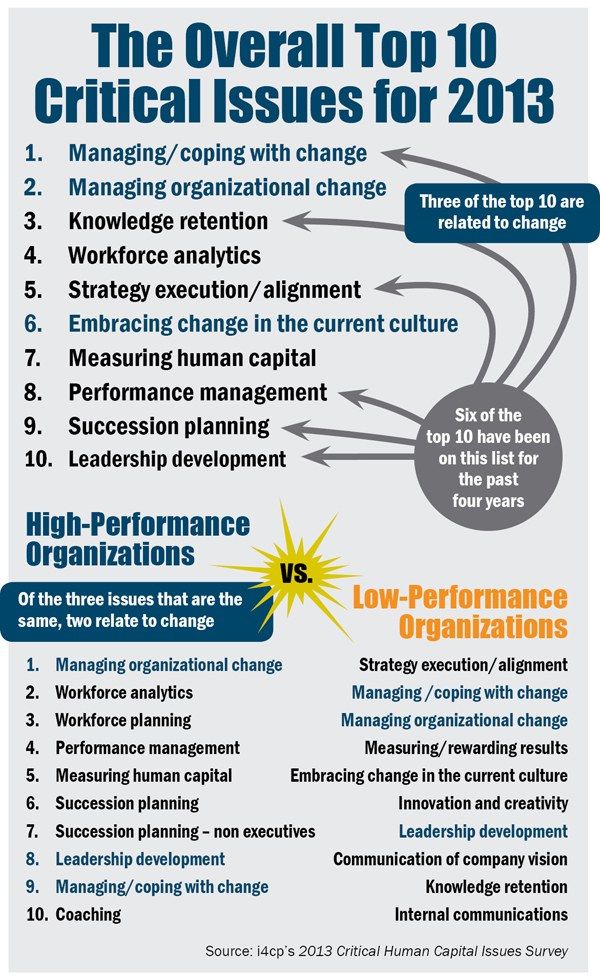 In fact, embracing change is key to your growth as an individual and highly affects your overall success and happiness.
In fact, embracing change is key to your growth as an individual and highly affects your overall success and happiness.
Let’s dive into this topic further and find out how to embrace change in your life.
How to Embrace Change Instead of Fearing It
Let’s start by giving you a shortlist of tips to guide you towards accepting change in your life. Then, we’ll share with you some amazing examples of how embracing change positively affected people’s lives, so that you’re even more motivated to start welcoming change in your life today.
1. Adopt a Growth Mindset
Facing change becomes so much easier when you think in terms of growth and learning instead of seeing your identity as a rigid, unchangeable set of traits and skills.
The concept of a growth mindset was first described by Dr. Carol Dweck along with its opposite: the fixed mindset. People with a fixed mindset believe their qualities, skills, intelligence, personality traits, abilities are carved in stone, and therefore unchangeable. That’s why they don’t embrace challenges, avoid risks and learning new things, and find change to be a major frustration in their lives. However, these people also don’t make much progress in life, as they struggle so hard to maintain the status quo.
That’s why they don’t embrace challenges, avoid risks and learning new things, and find change to be a major frustration in their lives. However, these people also don’t make much progress in life, as they struggle so hard to maintain the status quo.
On the other hand, adopting a growth mindset can help you change the way you see life. People with a growth mindset view challenges as opportunities, mistakes as valuable lessons, and their personality and character as ever-changing and evolving, rather than static.
Adopting a growth mindset can help you become a person who is ready to embrace change and life challenges. When you look at life from the perspective of growth, you’ll see that changes are major opportunities, not obstacles.
2. Create a List of Changes
Are you aware that you’re going through constant change? Do you feel it happening?
We assume not. Here’s one amazing method that could help you learn how to embrace change in your life: creating a list of all the changes you’ve been through since your childhood.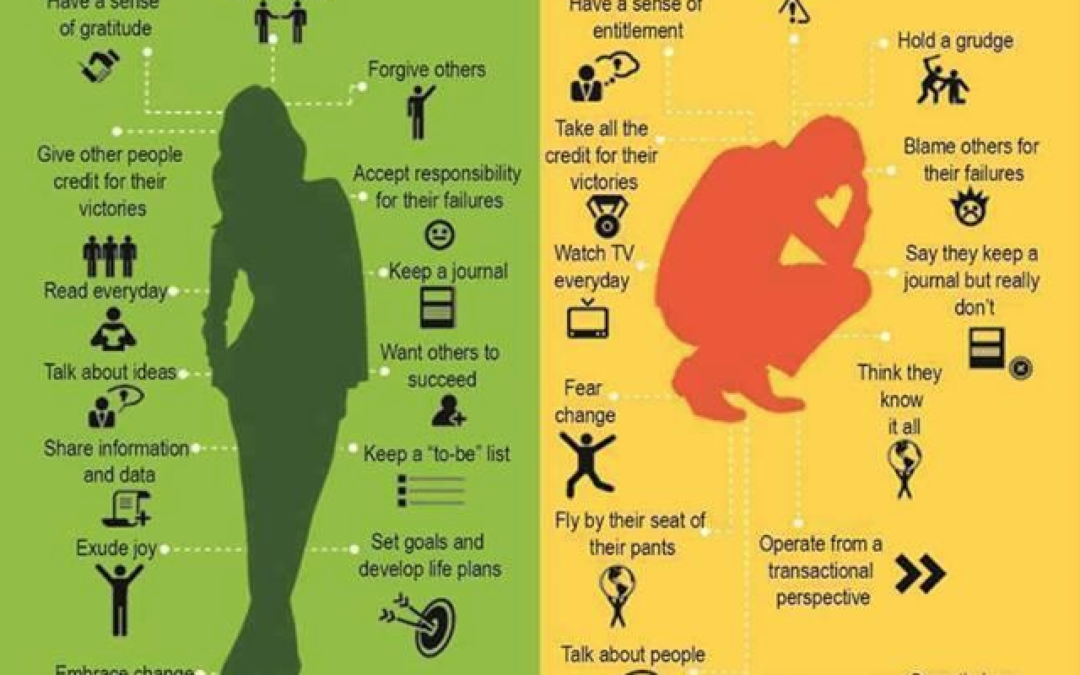 In order to come to terms with change and beat the anxiety it’s causing, try going all the way back to your childhood and remember all the major changes you’ve been through since then. The point of this list is to show you that changes were present in your life long before you became aware of them.
In order to come to terms with change and beat the anxiety it’s causing, try going all the way back to your childhood and remember all the major changes you’ve been through since then. The point of this list is to show you that changes were present in your life long before you became aware of them.
Here are a few examples:
- Separating from parents to go to nursery;
- Making first friends;
- Starting school;
- Getting a brother or a sister;
- Moving into a new neighborhood and changing school;
- Getting your first pet, and so on.
These are just some common examples, but when you start writing your own list, make it personal.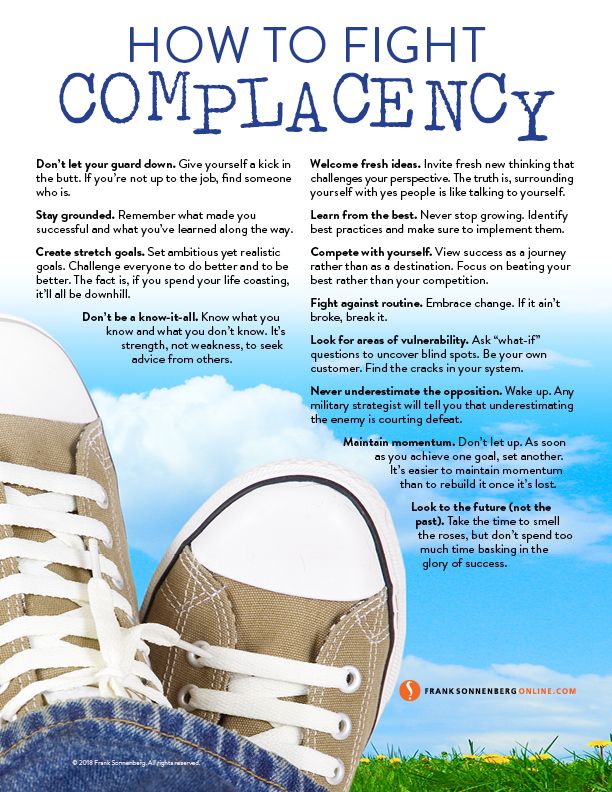 Remember all the important events that changed the way you live your life. Try to incorporate the goals you used to strive towards, the actions you took to achieve them, and the successes and failures you had along the way. All the important insights you had that completely changed the way you see the world. When you reach this day and start re-reading your list, you’ll realize one thing: you’ve been changing all along.
Remember all the important events that changed the way you live your life. Try to incorporate the goals you used to strive towards, the actions you took to achieve them, and the successes and failures you had along the way. All the important insights you had that completely changed the way you see the world. When you reach this day and start re-reading your list, you’ll realize one thing: you’ve been changing all along.
3. Set Clear Goals
If you’re sure where you’re going, change should be a normal and desirable part of the journey, right? If you learn how to set SMART, achievable goals that are relevant to your life, embracing change will become a normal part of achieving those goals.
Setting the direction towards achieving those goals means defining actionable steps, tasks, necessary resources, and time-boundaries. When you’re striving towards a specific goal, change means getting closer with every completed task or learning a new lesson with every mistake you make.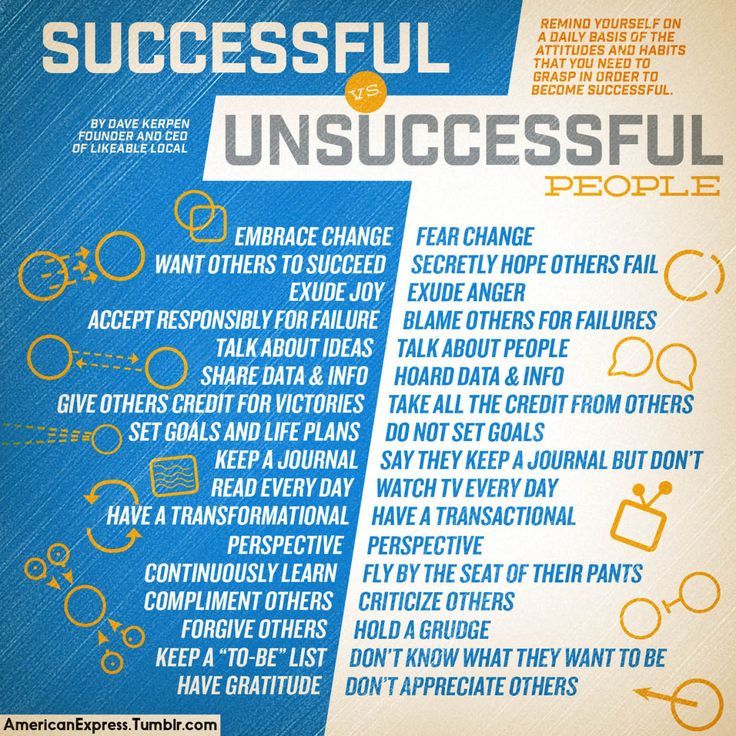
4. Practice Gratitude
Fear of change is often related to a negative outlook on life and the world as a whole. This negative outlook can be a byproduct of the way we were raised, for example, the negative outlook on life we may have adopted from parents who consistently perceived life as burdensome. Or it could be the result of us being overwhelmed with life’s problems in a particular moment.
It’s not just nurture, but nature as well: we’re naturally wired to perceive and experience negative outcomes more intensely than positive ones. Now, combine that with everyday stress, and voila: you’re stuck in a rigid comfort zone, trying to keep things just the way they are, or better yet, fearing and avoiding change.
But, don’t worry. There is a simple and elegant way out of this negativity bias: gratitude.
Expressing gratitude is a simple, yet often neglected behavior that drives our minds towards greater positivity. It has deep roots in our evolutionary history and has been recorded among animals as well.
The simplest method of practicing gratitude is by keeping a gratitude journal. A curated gratitude journal like The Five Minute Journal is designed to gear your mind towards greater positivity every single day. Add five minutes into your morning routine to answer the morning prompts, then repeat before going to bed by positively reflecting on the day behind you.
If you have children, you can practice gratitude with them as well, as we have designed The Five Minute Journal for Kids. This can help parents observe changes their kids are going through in a more positive way. Find out more about the science-backed facts about why children should start practicing gratitude at an early age and how to create a positive morning routine for your family with The Five Minute Journal for Kids.
5. Be Confident and Listen to Yourself
Change can sometimes be scary because it can make us think that we’re losing our true selves. And it gets even worse when we start comparing ourselves to others. It’s something we can’t help, it’s in our DNA: we look at other people and try to figure out whether we are doing okay or not, based on how they are doing.
It’s something we can’t help, it’s in our DNA: we look at other people and try to figure out whether we are doing okay or not, based on how they are doing.
Embracing change comes a lot easier if you stop comparing yourself to others and instead focus on your goals. All the novelties you need to go through should only be measured in relation to yourself.
Inspiring Examples of People Who Embraced Change
Mimi and Alex Ikonn, creators of Intelligent Change brand, are not only an inspiration themselves when it comes to embracing change and living a healthy and productive lifestyle, but they also collect stories about inspiring people and share them on their podcast, The Ikonns.
In order to show you what can happen when you learn how to embrace change in your life, we’ve decided to share with you some of the stories from their podcast.
Brian Paes-Braga: The 30-year Old Millionaire
In his early teenage years, Brian experienced a loss of an important figure: his father left the country to work in a hotel in his native Portugal.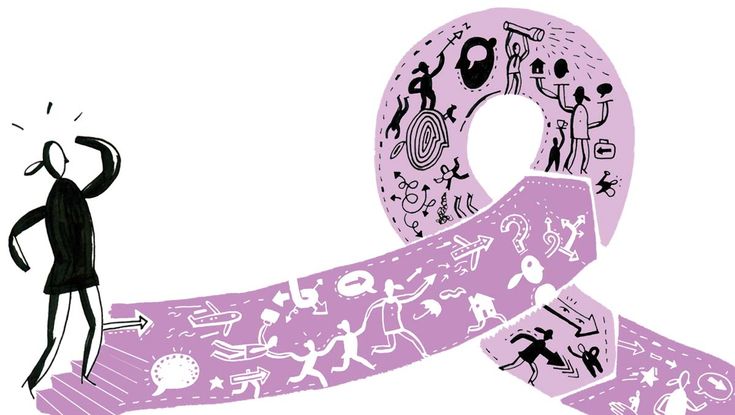 This left a huge void in his soul that was filled with insecurity and uncertainty.
This left a huge void in his soul that was filled with insecurity and uncertainty.
However, this change motivated Brian to take care of himself and work on embracing change in his life. He began earning his own money and very soon ended up in entrepreneurial waters. He succeeded in selling his company for $265,000,000 at the age of thirty.
Learn more about the challenges and changes Brian had to go through on the Ikonns podcast.
The Ikonns: Maintaining a Healthy Relationship after Facing Huge Changes
The Ikonns themselves are a huge inspiration when it comes to embracing change and living with it. In this episode on their podcast, they explain how they maintained a healthy relationship after getting a baby.
Although incredible, babies can be one of the biggest and most stressful changes in a couple’s life. You change from being a duo to being a trio. Everything becomes different: your routines, expectations, your primary focus, free time… your entire identity. The Ikonn couple share some of the amazing tips that helped them go through this major change.
The Ikonn couple share some of the amazing tips that helped them go through this major change.
The Global Change: The Ikonns’ Inspirational Reflection
When we talk about change, we cannot undermine the importance of the global COVID-19 change, as well as the economic and moral crisis it put into motion. This is something we all need to reflect on, and The Ikonns selflessly share their opinions, experiences, and tips on how to remain sane and productive in these uncertain times.
Find more stories for boosting your morale, productivity, and creativity directly on The Ikonns’ podcast.
Wrapping It Up
Although change is a normal and necessary part of human life, accepting it can be a real challenge. Still wondering how to embrace change? Or whether you’ll be able to do it? We believe that you can, because, in all honesty, anyone can if they want to.
Working on your self-esteem, building a growth mindset, striving towards achieving your goals, as well as practicing gratitude can be real game-changers.
Learning how to embrace change in your life can help you become more mature, more confident, and happier. And there’s no better time to start doing this than today.
Cheers!
See All ArticlesHow to learn to accept changes in life
In general, change is good, because monotony kills a lot more. Even if you call monotony stability. Even if that's what you were aiming for. Or you were convinced that you were striving for it. Or have you convinced yourself that for some reason you need this monotonous stability.
In words, most people are waiting for something to happen in their lives, although they are afraid that something will happen. And when it happens or happens, the majority for some reason is consistently dissatisfied. And general discontent is, perhaps, the only stability that can be boasted of today.
And even if this is not the case for you, because you are easy-going and always open to new experiences (relationships, challenges, life quests), it is still useful for you to learn how to learn to accept change painlessly. At a minimum, in order to competently support those around you who are depressing with changes.
At a minimum, in order to competently support those around you who are depressing with changes.
Top 7 life hacks to survive any change:
- Relax and sleep.
- Remember your old desires and make new ones.
- Get rid of yourself.
- Stop being offended.
- Find a reason to laugh, or at least smile.
- Get rid of imposed values.
- Get ready.
In fact, you have already heard all these hints many times, but you did not always attach due importance to them. We'll just show you how it works in practice.
“Morning is wiser than evening”
Everyone has heard the proverb, but not everyone has analyzed it properly. And its essence is that a person who is rested and slept is less inclined to be nervous and reflect. A rested brain works better and quickly finds a way out of a difficult situation. Not always immediately, but a tired brain usually does not find anything useful for specific actions.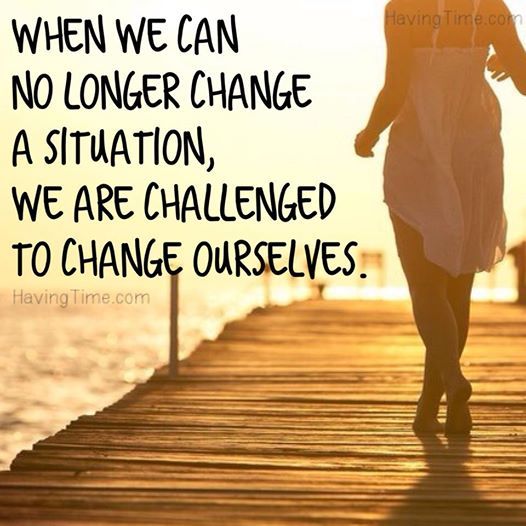
Therefore, the first life hack: if you are overtaken by changes, objectively or subjectively unpleasant, be sure to rest and get enough sleep. If anxious thoughts keep you awake, then in addition to time-tested remedies like lemon balm tea and valerian, fresher tips have been added: work on the ground, hockey and pleasant reading before bed.
“A holy place is never empty”
Everyone has heard this proverb, but few have seriously considered it either. The bottom line is that nature does not tolerate emptiness. And, if something has left your life, it means that something else will come to the vacant place. What exactly is up to you. It can be a new relationship, a new job, a new hobby, or maybe longing, despondency and fear of the future.
Do you remember what you always lacked time for: sports, English, books, general cleaning, macrame, cross-stitching? So don’t wait for another opportunity: quarantine or dismissal is a great way to take the free time with something pleasant.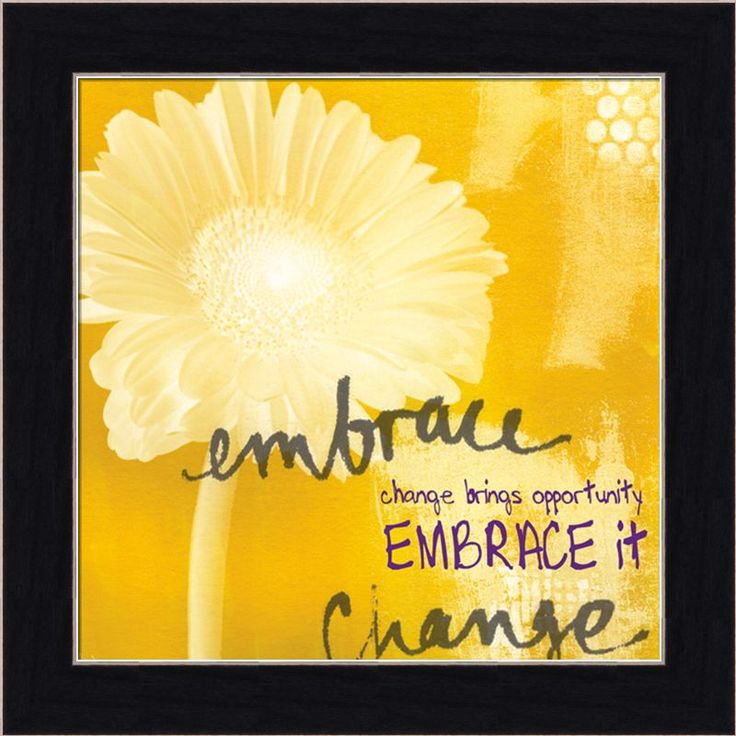
And there is no need for this “but what then to live on ?!”, “we will have nothing to eat” and so on. You still won't be looking for a new job 24 hours a day. So allocate yourself a couple of hours a day for reflection and the search for new options. The rest is for yourself and everything pleasant.
“It's easy to say”
And also “talking is not carrying bags” and other wells of folk wisdom come to the rescue when a person stubbornly strives for depression. In fairness, many conscious citizens have already tried the previous two tips on themselves. And they didn't help everyone. Especially if the situation is objectively unpleasant. And if it is also massive - even more so.
Then the to-do lists compiled for the week gather dust without work, the threads for cross-stitching also do not reach the cleaning, and books, incl. in English, you have never opened it. This is also normal. Someone moves away from stress faster, someone - more slowly.
If you are the slow type, just leave yourself alone.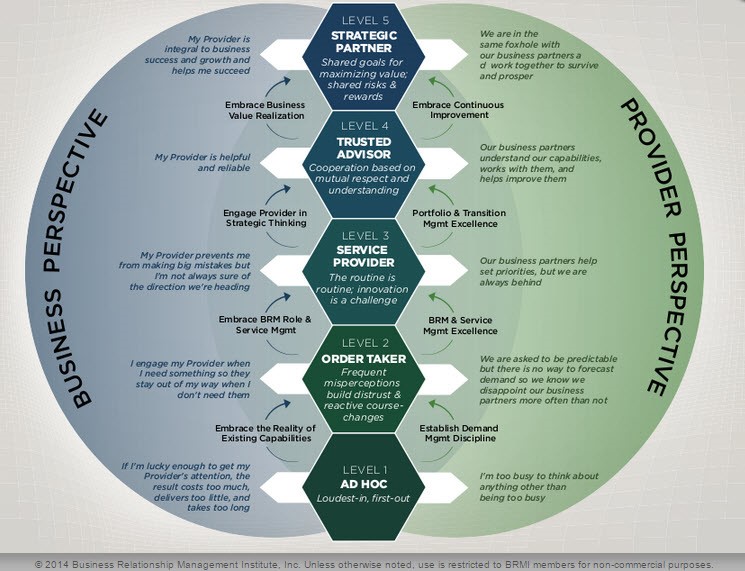 Well, did you somehow live without macrame and English for the previous 10 years? Yes, and with an uninflated abdominal press. Here you go for another week or two! During this time, you yourself will get tired of being bored and will want to do something more interesting than just loitering around and sorting out useless thoughts in your brain.
Well, did you somehow live without macrame and English for the previous 10 years? Yes, and with an uninflated abdominal press. Here you go for another week or two! During this time, you yourself will get tired of being bored and will want to do something more interesting than just loitering around and sorting out useless thoughts in your brain.
Or maybe you want to revise your plans, drawn up many years ago, and add something more relevant to them than cross-stitching. Then things will go faster, with enthusiasm and pleasure.
“They carry water for the offended”
Here you can hardly guess what the saying has to do with life changes, but the omniscient Google will tell us everything. In the 19th century in St. Petersburg, the price of imported water was fixed, and those water deliverers who were offended by low prices and tried to illegally speculate had their horses confiscated and forced to carry carts with barrels on themselves.
In other words, people who are always offended by everything, consider this life unfair, and themselves underestimated, changes for the worse happen much more often.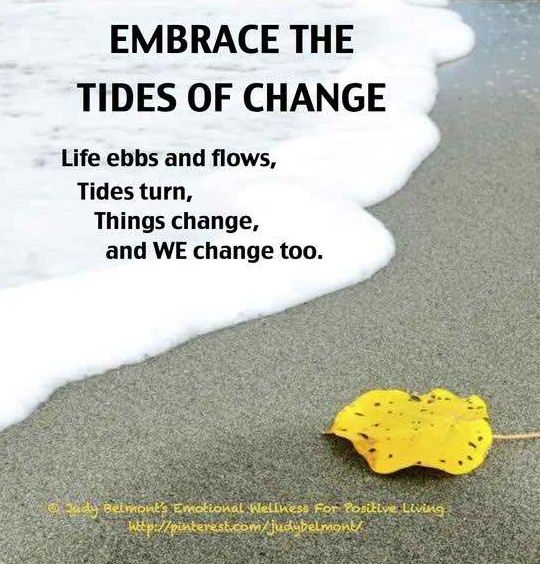 Therefore, it is better to leave all your grievances against parents, children, friends, bosses, colleagues, neighbors in the past. Well, or set a limit: complain about one situation that offended you no more than once.
Therefore, it is better to leave all your grievances against parents, children, friends, bosses, colleagues, neighbors in the past. Well, or set a limit: complain about one situation that offended you no more than once.
If it doesn't help, then time management will help. Calculate how much time per day you go over in your thoughts your dissatisfaction with someone, something, sometime or recently happened. You will see that a lot. During this time, you would have time to make yourself coffee, a sandwich, watch a comedy, and even retell to someone all the jokes from this comedy. Maybe not the most intellectually intense pastime, but certainly more useful than accumulating negativity in yourself.
Smile and wave
You won't remember now where and when you first heard this phrase: in the cartoon "Madagascar", the film "The Madness of King George" or a song by Alexander Fur. Yes, and we do not know whether this phrase will help in all situations faced by the heroes of these wonderful works.
But we know for certain that a person smiles not only when he feels good. The reverse also works: even an insincere and forced smile after a short time makes the brain think that everything is fine with us, hormones of joy begin to be released in the body.
In general, keep a life hack: if the mood is worse than ever, and there are no constructive thoughts about the impending changes yet, take your time with something fun. Watch a comedy, read anecdotes, sing some funny songs in online karaoke. And you will notice that after half an hour of such an action you feel better and everything around is not so bad.
And one more thing that many overlook: any comedy, anecdote, song is almost always some kind of short but instructive story. Think about the meaning and perhaps this will tell you a way out of your situation. In the end, almost everything that happens to us has already happened somewhere and to someone.
“What is good for a Russian is death for a German”
No, we do not wish death on anyone just because everything is bad now. We suggest thinking: is it really so bad? Agree, situations do not happen so often when a legless disabled person with 10 children and a cancer-sick wife finds herself homeless on the street due to loan debts. Usually we are saddened by much less significant events: a quarrel with a loved one, dissatisfaction of parents, problems at work, lack of money, etc.
In psychology, there is such a thing as "imposed values". Family, parents, society impose on people certain patterns of behavior and standards of what is good and what is bad. If you leave alone crime and hygiene, then in all other respects you yourself have the right to decide what is good for you and what is not. And then you will immediately see how much you have reduced the number of reasons to consider yourself a loser.
You don't have to want to have a career like your parents would. In this context, being fired ceases to be a problem, because personally you are quite comfortable working from home, and your profession as a programmer or designer allows this.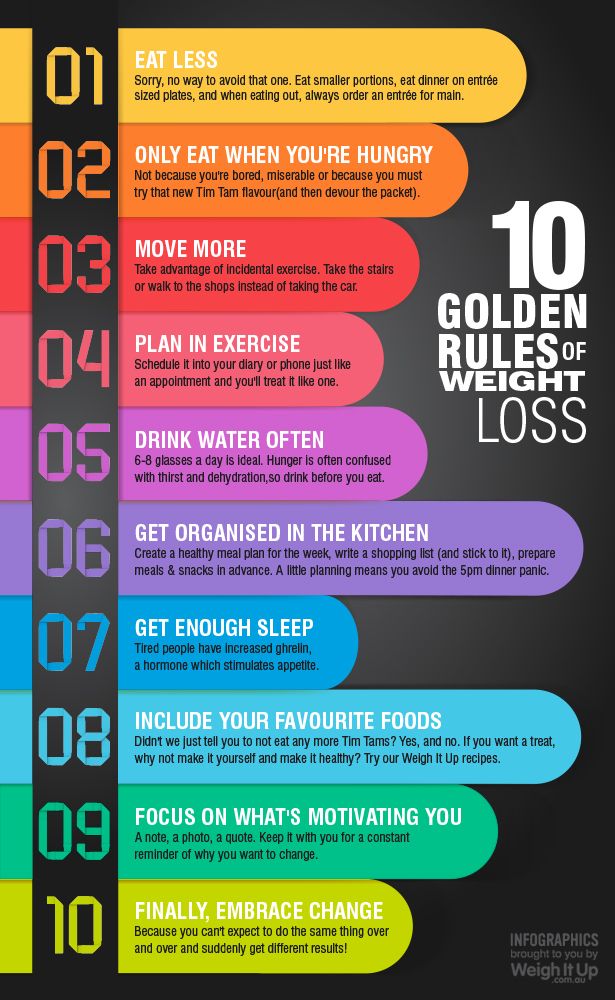 You don’t have to want to get married at 22, and if a quarrel with a young man upset you just because your mother sees a worthy groom in him and again starts to take out the brain on the topic “I want grandchildren” - let your mother pay attention to your dad. You can always find the words to tell your mother about it gently and tactfully. And not just mom. In general, realize your life goals and stop making excuses for it.
You don’t have to want to get married at 22, and if a quarrel with a young man upset you just because your mother sees a worthy groom in him and again starts to take out the brain on the topic “I want grandchildren” - let your mother pay attention to your dad. You can always find the words to tell your mother about it gently and tactfully. And not just mom. In general, realize your life goals and stop making excuses for it.
"Be ready - always ready"
This catchphrase will soon celebrate its 100th anniversary, but its relevance is still great. In order to accept all changes in life positively or at least painlessly, you need to be ready for them. We are well aware that some event has now taken a person by surprise, but this is not the last event that has the potential to unsettle you. When you deal with current affairs, take into account the experience and prepare for the next cataclysms in advance. In today's world, they will not keep you waiting long.
How to prepare? Multidimensional! In financial terms - do not accumulate debts, make at least small savings, look for additional income, master new professions and monetized trends.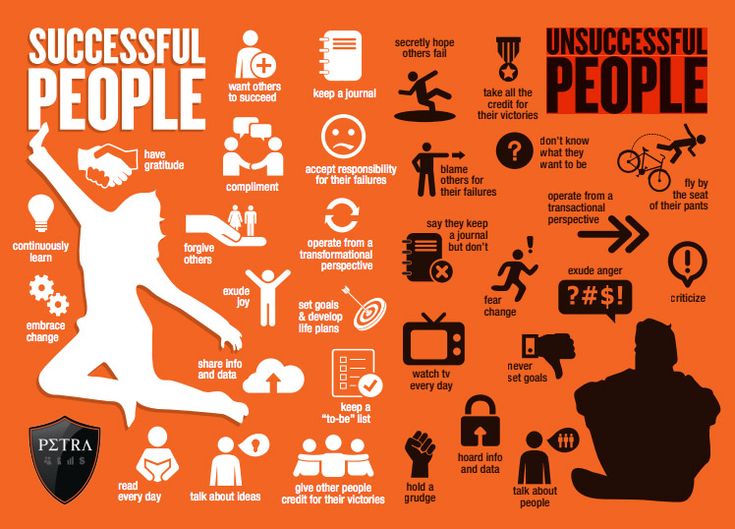
Professionally - again, follow the trends in the profession and related fields, develop soft skills, improve your English, even if you don’t really need it right now, study new computer programs, platforms, gadgets, functions.
Personally, become an interesting and useful interlocutor, take an interest in people, make new acquaintances. You never know what networking will bring you: participation in a new interesting project or meeting your destiny for life.
This is how you gradually come to the conclusion that change is good. And even those that are not hinting at anything good now, they are also good. Simply because life is movement and development, and not endless efforts and attempts to conserve the past, even if it was good in some ways and once stable. The truth of life is that any stability eventually turns into monotony and degradation. Why do you need this?
And if you can't set yourself up in a positive way on your own, study the popular methods of mental self-regulation and try to put them into practice.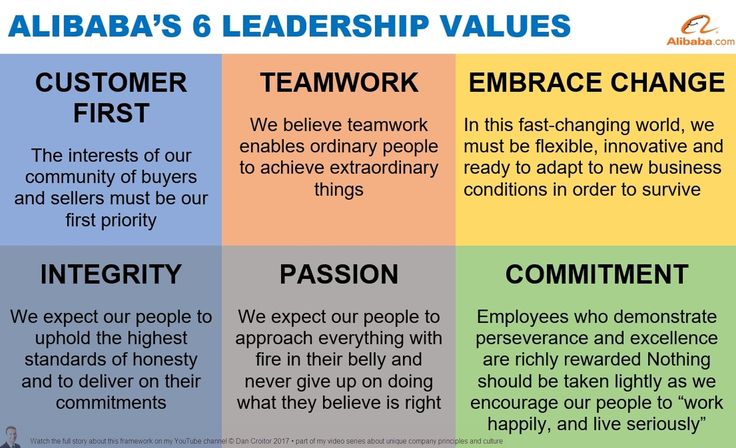 Perhaps not all at once, but you will definitely find something useful for yourself there.
Perhaps not all at once, but you will definitely find something useful for yourself there.
If this is not enough, we invite you to our online program "Psychic Self-Regulation", and in a month and a half you will take control of all your affairs and emotions. And, perhaps, you yourself rush towards change. Naturally, change is for the better, because you will understand that almost any change is for the better!
Change and change your life!
Key words:1Cognitive science, 1Psychoregulation
How to learn to accept changes in life: advice from metropolitan psychologists
Satisfaction and a sense of fullness of life without change is impossible. After all, we change every day - we grow, grow up, become more courageous or more feminine. Learn to crawl, walk, talk. Then school, college, work, but not just one. Family status changes, children and grandchildren appear. The world around is changing rapidly. How to accept these changes, live with them and use them for good, says Sergey Kulagin, a psychologist at the family center of SZAO.
Determine the source of feelings
Recognize and acknowledge the feelings that arise when you face changes in your life. It can be fear, anger, longing, sadness, rage, disappointment.
— But at the same time, in the experience of change there is often hope, joy, interest, anticipation, curiosity. Share your emotions with loved ones, try to understand what causes a strong emotional response in you, the psychologist notes.
For example, anxiety or fear of marriage may be based on fear of losing freedom or fear of making the wrong choice. And the more intense and stronger the feelings, the greater the need to share them with others. Perhaps emotional experiences are related to your previous traumatic life experiences in childhood or adolescence, and then professional help from a psychologist will help you.
Look at the changes you will face in the future. What awaits you in the near and distant future? What are the positive and negative aspects of this for you? For example, you lost your job.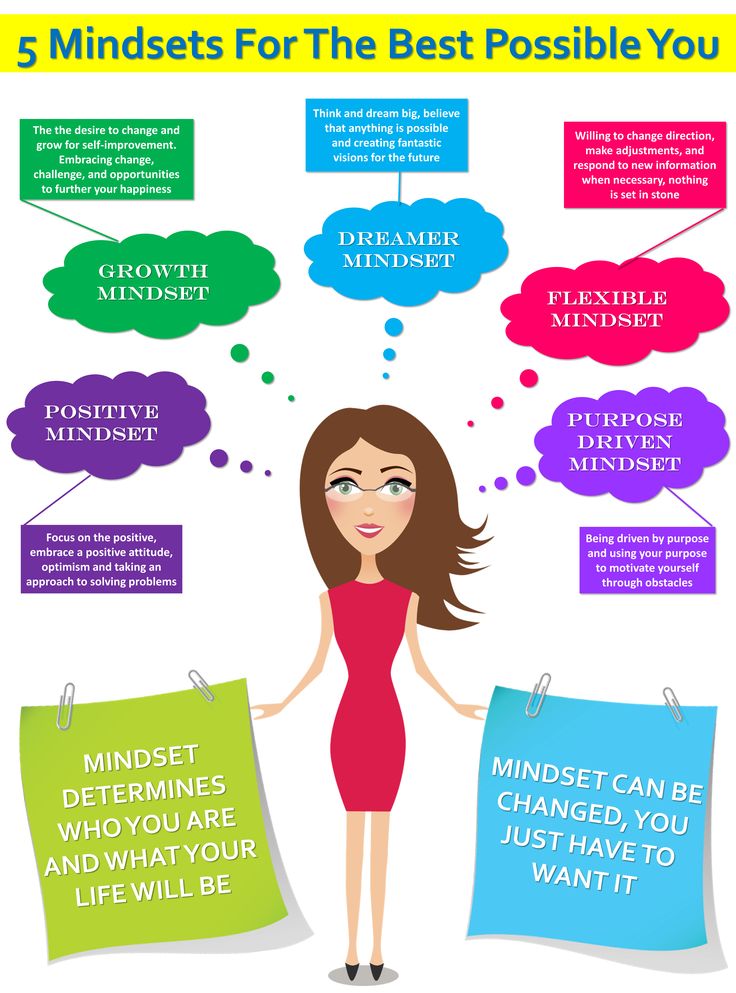 The source of income has disappeared - this is a minus. But there was a chance to finally find another area of application of your talents that you like more, but you would not do this further, remaining in your previous position. Focus on the pros and cons of change. So, in the case of a job loss, a new work activity that is more satisfying to your talents can bring you much more income and moral satisfaction.
The source of income has disappeared - this is a minus. But there was a chance to finally find another area of application of your talents that you like more, but you would not do this further, remaining in your previous position. Focus on the pros and cons of change. So, in the case of a job loss, a new work activity that is more satisfying to your talents can bring you much more income and moral satisfaction.
Use your resources
Recognize yourself as worthy, active and strong enough to accept and pass the test of change.
- Surely this is not the first transformation in your life. You already have a successful experience of successful change. Remember it: what helped you in those situations, what resources in yourself and from the outside world did you use, what did you rely on, who was there? What are your strong personal qualities that you have used and can use now? Sometimes it can paradoxically be the so-called negative qualities that are not very welcome in modern society,” the expert says.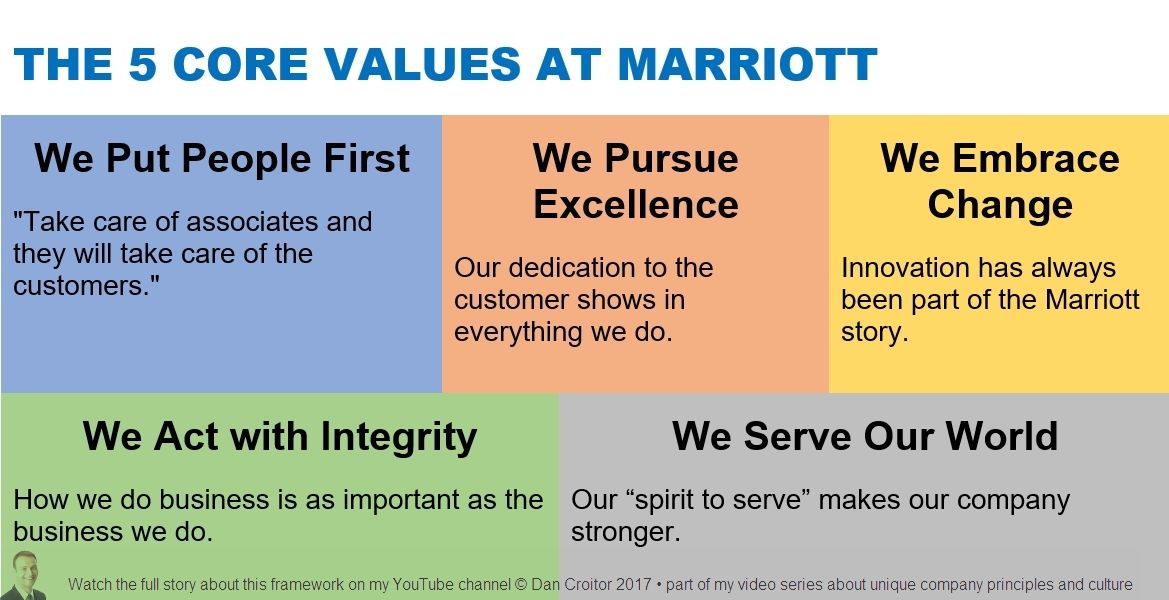
For example, heightened anxiety increases sensitivity to oneself and the world and allows one to make more balanced and safe choices. But in this case, it is important to focus not only on one anxiety, but to connect your other qualities.
Take action
When you have realized and accepted the changes in your life and your feelings towards them, told your loved ones about it, considered the perspective and found in yourself the resources and readiness for change, start taking action. Only in action is it possible to fully accept the new and transform in change.
If you have started working remotely, this is an occasion to better master the computer and the world of digital communications. If you are forced to be out of work, then this is an opportunity to devote time to creativity - what you have been dreaming about for so long, but could not find the right time for this: painting, blowing giant air bubbles, growing flowers, beading, restoring old cars.